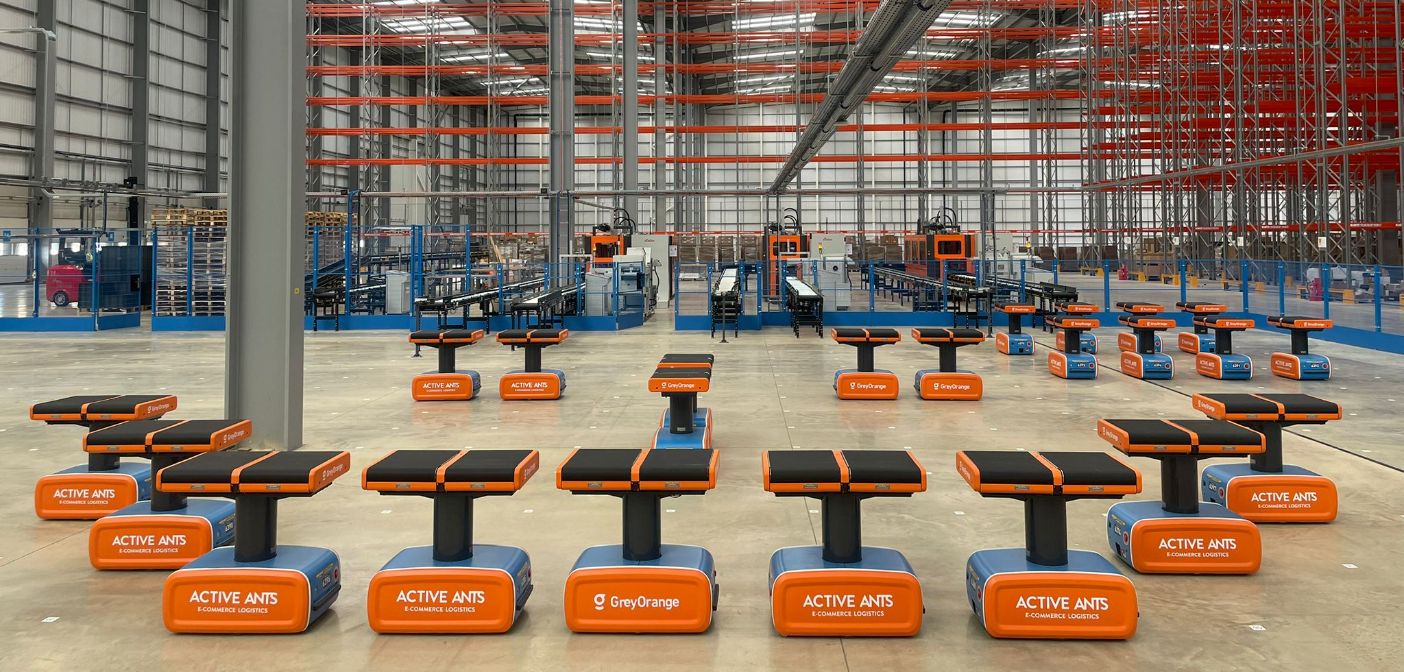As we approach 2024, the environment of fulfilment centre services is transforming at an unprecedented pace. Businesses across the planet are acknowledging the essential role that streamlined fulfilment plays in their overall operations strategy. With the surge of e-commerce and the rising demand for quick delivery times, fulfilment centres are adjusting to meet these needs, offering innovative solutions that enhance customer experience and increase operational effectiveness.
This year, we will witness several key trends influencing the prospects of fulfilment centre services. From innovative technology implementations to eco-friendly practices, the industry is evolving more responsive and quick. Businesses are focusing in robotics and data analytics to optimize operations, while also prioritizing sustainable practices to cater to the growing conscious buyer. Understanding these trends is vital for companies trying to stay competitive in a rapidly changing marketplace.
Tech Advancements in Distribution Centers
In 2024, technological advancements are set to transform fulfilment centre operations dramatically. Robotic automation continues to lead the charge, with advanced robotics playing a key role in enhancing efficiency and reducing labour costs. These robots are not just limited to packaging and sorting tasks; they are also being incorporated into stock control systems, enabling live monitoring of goods. This level of automation helps fulfilment centre s react swiftly to fluctuating demands while reducing human error.
Artificial intelligence is another major trend shaping fulfilment centre services. By leveraging AI, centres can enhance their predictive analytics capabilities, allowing businesses to predict demand with greater accuracy. This data-driven approach enables better inventory management, as centres can dynamically adjust stock levels based on forecasts. Additionally, AI algorithms are enabling smarter routing of orders, ensuring quicker processing times and improved delivery efficiency.
Moreover, the integration of Internet of Things technology is transforming how fulfilment centres operate. IoT devices provide constant monitoring of equipment and conditions within warehouses, leading to better maintenance and fewer disruptions. This interconnectedness allows for smoother communication across different elements of the fulfilment process, from warehouse management systems to logistics providers. As these technologies evolve, fulfilment centres are on track to become more flexible, capable of adapting swiftly to market changes and consumer expectations.
Sustainability Methods in Order Processing Services
As environmental concerns continue to grow, fulfilment centres are increasingly adopting sustainable practices to decrease their carbon footprint. This involves optimizing logistics and transportation methods to minimize emissions. Companies are investing in electric delivery transportation and investigating alternative delivery modes, such as bike couriers for urban areas, to enhance their eco-friendly efforts. Additionally, the adoption of route optimization software helps in reducing fuel consumption and boosting delivery efficiency.
Sustainable wrapping is another crucial priority for fulfilment centres. Many businesses are moving towards biodegradable, recyclable, or reusable packaging solutions to minimize waste. By providing customers the option to choose eco-friendly packaging, order processing centres can significantly lower their ecological impact. This not only satisfies customer demand for sustainable choices but also syncs with corporate social responsibility goals that many companies are working to attain.
In addition, power efficiency in fulfilment centres is becoming a priority. Investments in sustainable energy sources, such as solar panels, are on the increase. Fulfilment centres are also embracing energy-efficient technologies, including light-emitting diode lighting and smart building systems that optimize energy usage. By focusing on renewable energy and energy efficiency, these centres are making an impact to a more sustainable supply chain and setting a benchmark for sustainability in supply chain management and fulfilment operations.
Evolving Consumer Anticipations and Their Impact
Nowadays, customers are steadily driven by a need for speed and convenience, shaping the environment of fulfilment centre services. With the emergence of instant shipping models, customers expect their purchases to be managed and sent within a few hours, not days. This shift requires that fulfilment centres adopt advanced tech and efficient processes to keep up with consumer demands. As a outcome, allocations in automation, instant inventory tracking, and information analysis are evolving standard initiatives to address these elevated demands.
In addition to quickness, consumers are putting a greater focus on personalization. They seek tailored interactions, from item suggestions to wrapper that enhances their unique preferences. Fulfilment centres are reacting by utilizing customer data to optimize purchase fulfillment and create personalized offerings. This tailored method not only increases customer satisfaction but also fosters brand affection, rendering it critical for fulfilment centres to embed sophisticated analytics into their systems.
Environmental responsibility is also a crucial element shaping consumer purchasing choices. More shoppers are valuing sustainable practices and are inclined to back companies that demonstrate a dedication to mitigating their environmental impact. Fulfillment centers are acknowledging this movement and are progressively adopting environmentally friendly practices, such as eco-friendly wrapping and energy-efficient systems. By coordinating their operations with the principles of eco-conscious aware shoppers, fulfilment centers can improve their competitive edge in the industry.

